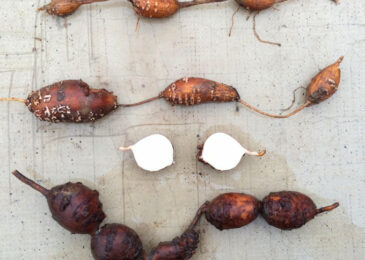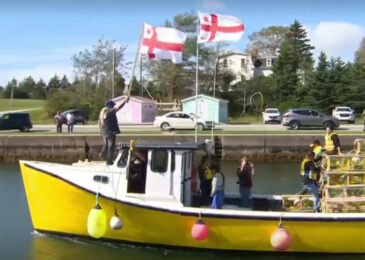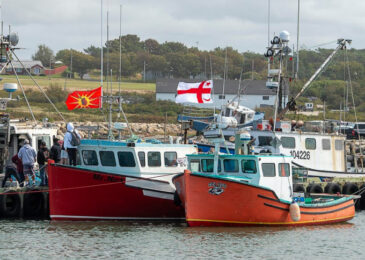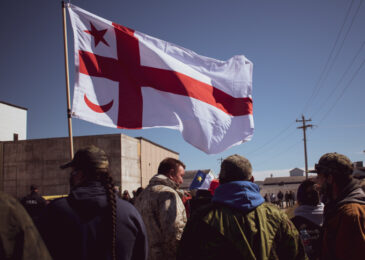Michael William McDonald: Sipekn’ Pipnaqn, traditional Mi’kmaq bread
Michael William McDonald looks into the domesticated use of the groundnut (Sipekne’) by Mi’kmaq people. “Elders in Sipekne’katik were still making bread using grounded Sipekne’ roots right up till the 1980’s. In 1984 Rebecca “Noel” Pictou stated that her Grandmother would save the largest rhizome bulbs she found and then replant them closer to their dwellings along the Shubenacadie River where they would allow them to grow and flower.”









